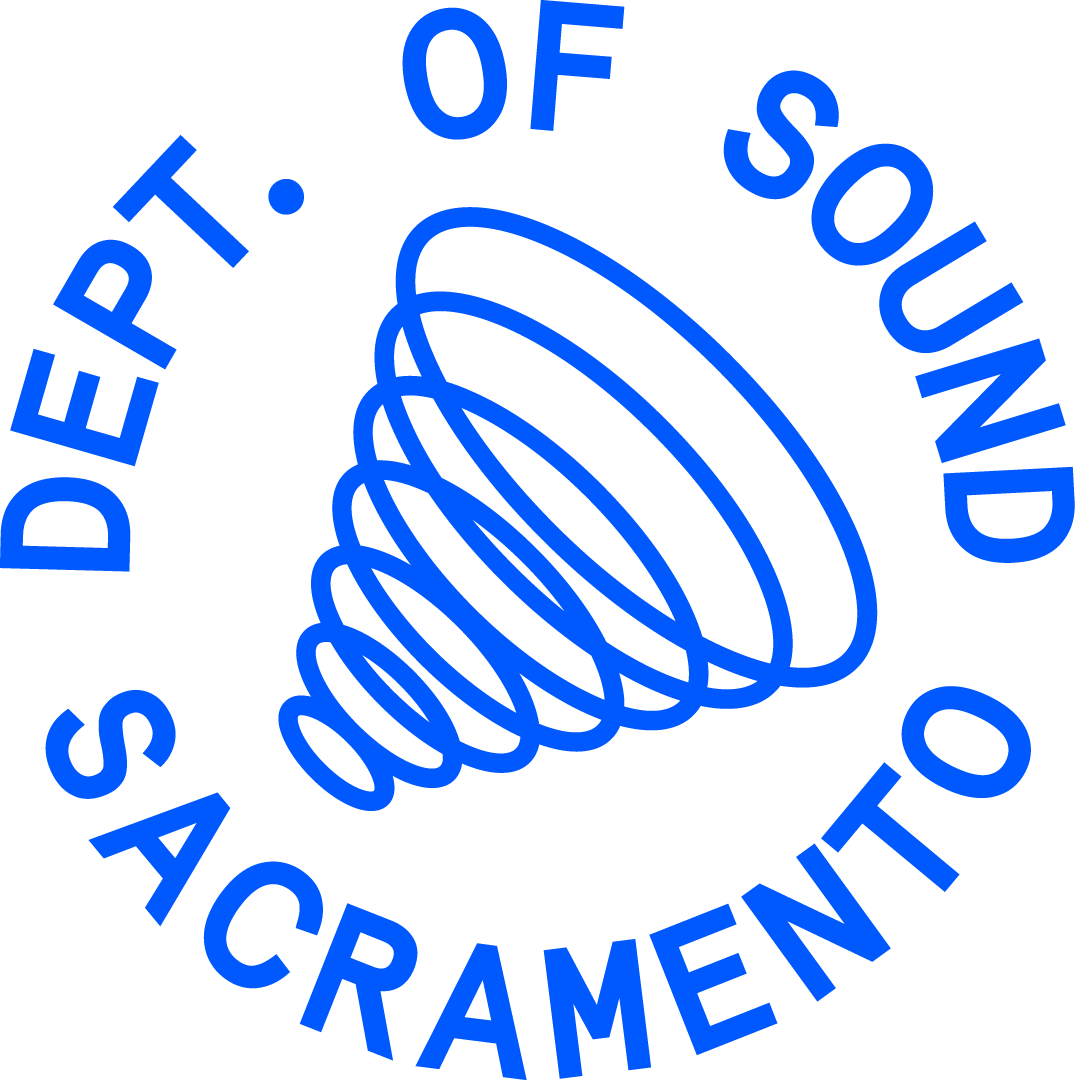Music Careers: Sound Engineer
As a sound engineer, you get to combine a love of technology with the arts. As music tools continue to evolve and advance, the desire for individuals that know how to utilize and manipulate such tools will continue to grow. Read below to learn more about the job and if this type of career would be the right fit for you.
What exactly does a Sound Engineer do?
A sound engineer plays a significant role in the music production process. They are responsible for the technical side of a recording or live performance. The sound engineer designs and manages sound levels and outputs, and is responsible for maintaining the physical sound equipment, like amps and microphones. Alongside the particulars of a recording, they are responsible for the post-recording adjustments -- including the editing, mixing, and mastering of a track to reflect the artist’s vision.
What type of skill sets should I develop in preparation for the field?
As sound engineering involves technical expertise, strong attention to detail is necessary. Alongside the technical experience, sound engineers will be working with music artists, so being able to convey strong communication skills is key. Through attentive listening to the artist’s needs and a fostering of trust, sound engineers provide an efficient and smooth collaboration process. Lastly, a knack for problem-solving will serve you well. The profession will endure moments of trial and error, so it is pertinent for a sound engineer to have the drive to find the right solutions.
What career paths can sound engineers explore?
There are various avenues to carry your technical skills into. Here are some of them:
Studio Music Production
Broadcast TV
Live Sound Music
Theater
Film
Radio
Advertising
Video Games
What advice is there in getting started in the profession?
Experience, experience, experience. The majority of technical skills required for the field can only be learned through hands-on practice. A great way to find hands-on experience opportunities is to enroll in a program specialized in sound engineering. Whether you enroll in a vocational certificate program, 2-year associate's degree, or a 4-year bachelor's degree, one can partake in experimentation with sound engineering.
Alongside the educational route, there are many affordable sound engineering softwares available to download on a personal computer. Start your journey by experimenting with tools such as GarageBand, WaveGenix, Soundtrap, etc. This is a great way to jump in directly to see if it's an overall fit for you.
If you show enough interest in the profession, try to overshadow a sound engineer. Observe what they are doing from start to finish, and apply the knowledge to your own projects. Through professional understudy, this will strengthen your understanding of the engineering process.
SOURCES
https://www.connollymusic.com/stringovation/what-is-a-sound-engineer-and-how-to-become-one
